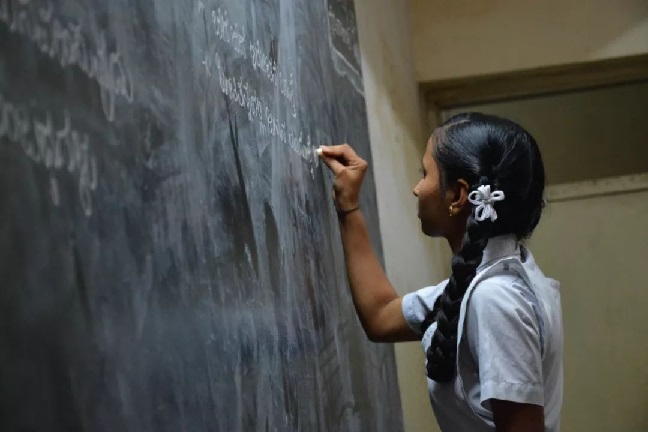In recent years, U.S.-China relations have grown increasingly rivalrous. The incoming administration will inherit a bilateral relationship in which areas of confrontation have intensified, areas of cooperation have shrunk, and the capacity of both countries to solve problems or manage competing interests has atrophied.
To address these challenges, the incoming administration will need to develop new thinking on how most effectively to address the myriad challenges and opportunities of the U.S.-China relationship. Whether for strengthening coordination with allies on China, addressing security challenges, or advancing American interests in the areas of economics, technology, and rule of law, fresh ideas will be needed to adapt American policy to meet the competitive and complex nature of U.S.-China relations.
The Paul Tsai China Center at Yale Law School, directed by Paul Gewirtz, and the John L. Thornton China Center at Brookings, directed by Cheng Li, have drawn upon the expertise and experiences of their scholars and other outside experts to compile a monograph geared toward providing policy recommendations for the next administration. Edited by Ryan Hass, Ryan McElveen, and Robert D. Williams, the monograph offers array of affirmative and pragmatic proposals for how the United States should adapt its policy toward China to respond to current realities in a manner that best protects and promotes America’s security, prosperity, interests, and values.

















